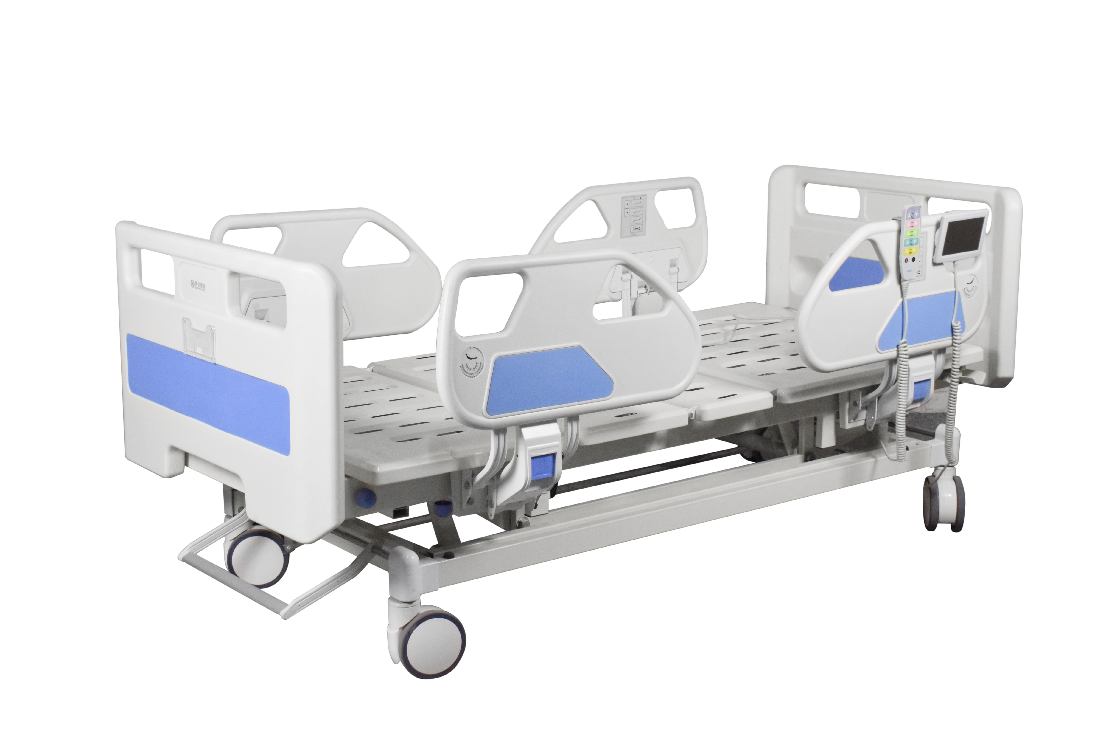Welcome to our websites!
Essential Medical Equipment and Supplies for Healthcare Facilities
The Critical Role of Hospital Supplies in Modern Healthcare
In the ever-evolving landscape of healthcare, the importance of hospital supplies cannot be overstated. These essential tools and materials form the backbone of patient care, ensuring that healthcare professionals can deliver effective treatments with safety and efficiency. As hospitals continue to face challenges such as rising patient numbers, emerging diseases, and technological advancements, the demand for high-quality and reliable hospital supplies is more critical than ever.
Hospital supplies encompass a vast array of items, from basic necessities like gloves and syringes to more complex equipment such as ventilators and surgical instruments. The variety of supplies available reflects the diverse needs of patients and the high standards of care expected in modern healthcare facilities. Each product plays a significant role in the treatment process, whether it’s for routine check-ups, emergency interventions, or high-stakes surgeries.
One of the most crucial aspects of hospital supplies is infection control. The COVID-19 pandemic highlighted the need for adequate personal protective equipment (PPE) such as masks, gowns, and face shields. These supplies are fundamental in safeguarding healthcare workers and patients alike, reducing the risk of transmitting infections within hospital settings. The rapid development and distribution of PPE during the pandemic underscore how vital timely access to hospital supplies is in responding to public health emergencies.
Moreover, the reliability and quality of hospital supplies directly impact patient outcomes
. Medical devices and instruments must meet stringent safety standards to ensure that they function correctly and do not contribute to complications. For instance, a malfunctioning infusion pump can lead to life-threatening dosing errors, while poor-quality sutures may compromise postoperative recovery. Hospitals must continually assess their supply chains, sourcing materials from reputable manufacturers to uphold the highest standards of care.The management of hospital supplies extends beyond procurement; it also involves effective inventory management and logistics. Hospitals must maintain an adequate stock of supplies while minimizing waste and reducing costs. Technologies such as automated inventory systems and supply chain analytics play a crucial role in achieving this balance. By optimizing their supply management processes, hospitals can ensure that medical staff have the necessary tools at their disposal when they need them most.
hospital supplies

Furthermore, the relationship between hospital suppliers and healthcare providers has evolved into a collaborative partnership. Suppliers are increasingly seen as vital allies in the quest for improved patient care. They are not only providers of products but also contribute expertise in the form of training and support for healthcare professionals. This collaboration is essential as it fosters innovation and helps institutions stay ahead of emerging healthcare challenges.
In recent years, the rise of telehealth and remote monitoring has also influenced the landscape of hospital supplies. Wearable devices and connected technologies are gaining traction, enabling healthcare providers to monitor patients’ health in real-time and foster proactive care strategies. As this trend continues to grow, the demand for specialized supplies tailored to digital healthcare will expand, necessitating adaptability from suppliers to meet changing market needs.
Additionally, sustainability has become a growing concern in healthcare, with hospitals seeking eco-friendly alternatives to traditional products. Bio-degradable materials, reusable supplies, and energy-efficient devices are increasingly favored as part of a broader movement toward greener practices. By choosing environmentally responsible options, healthcare facilities can reduce their ecological footprint while still ensuring quality care for their patients.
The future of hospital supplies also hinges on innovation. Advances in medical technology, such as 3D printing and nanotechnology, are revolutionizing the way supplies are conceived and produced. These innovations not only expedite the manufacturing process but also enhance the capabilities of medical devices and tools. As research continues to drive advancements, the healthcare sector must remain agile, ready to integrate new solutions that improve patient care and operational efficiency.
In conclusion, hospital supplies are essential components of effective healthcare systems. Their role in enhancing patient safety, improving outcomes, and supporting healthcare providers is invaluable. As the healthcare landscape evolves, so too must the strategies employed to manage and procure these critical resources. By investing in reliable supplies, fostering strong partnerships between suppliers and providers, and embracing innovation, we can ensure that hospitals are equipped to meet the challenges of today and tomorrow, ultimately leading to better patient care and healthier communities.
-
Transforming Healthcare with Hospital FurnitureNewsJun.24,2025
-
Rehabilitation EquipmentNewsJun.24,2025
-
Mobility and Independence with WheelchairsNewsJun.24,2025
-
Freedom of Mobility with Our Rollator WalkersNewsJun.24,2025
-
Comfort and Independence with Commode ChairsNewsJun.24,2025
-
Bathing Safety and Independence with Shower ChairsNewsJun.24,2025
-
Navigating the Wholesale Landscape of Electric Mobility Solutions: Key Considerations for Power Wheelchair DealersNewsJun.10,2025











